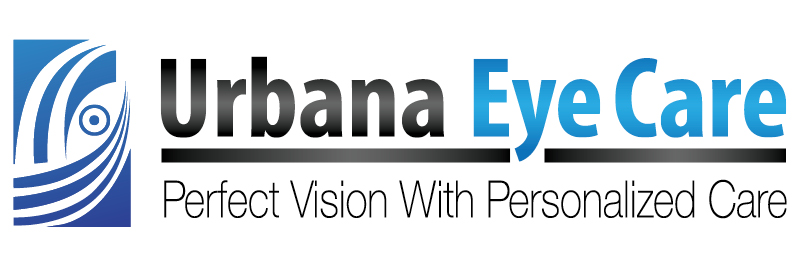
Effective communication is the cornerstone of receiving the best care, especially when it comes to eye health. Whether you are experiencing vision problems, discomfort, or any other symptoms, how you convey this information to your eye doctor can impact the quality of care you receive.
This article explores some tips to help you communicate your symptoms, ensuring you and your optometrist can work together to achieve the best outcomes for your vision and overall eye health.
6 Communication Tips
1. Be Specific About Your Symptoms
When describing your symptoms, specificity is key. Instead of using vague terms like "my eyes feel weird," try to provide more detailed descriptions. For example, if you are experiencing dryness, mention whether it occurs in both eyes or just one, whether it is constant or intermittent, and if there are any specific triggers, like time of day or exposure to certain environments.
2. Keep a Symptom Diary
A symptom diary can be a valuable tool in tracking and communicating your eye health issues. In the days or weeks leading up to your appointment, note any symptoms you experience. Include information about the time of day they occur, what you were doing, and any factors that seemed to trigger or alleviate them.
For example, note if you notice that your eyes feel dry and irritated after spending a few hours on the computer. If your vision becomes blurry after reading for an extended period, write that down, too. This diary will give your eye doctor a view of your symptoms over time, helping them identify patterns and make more informed decisions.
3. Mention All Symptoms, Even If They Seem Unrelated
It is important to mention all the symptoms you are experiencing, even if they seem unrelated to your eyes. Sometimes, symptoms that seem minor or irrelevant can provide clues. For example, headaches, dizziness, or even neck pain can be associated with eye conditions like astigmatism, eye strain, or issues with eye alignment.
Don't hesitate to bring up anything that has been bothering you, no matter how small it may seem. Your optometrist can determine whether these symptoms are related to your eye health or if they indicate a different issue that needs attention.
4. Be Honest About Your Lifestyle and Habits
Your lifestyle and habits can impact your eye health, and it is important to be honest during your appointment. If you spend long hours in front of a computer, use contact lenses, or have a history of smoking, make sure to mention it. Additionally, inform your eye doctor about any medications or supplements you are taking, as some can have side effects that affect your eyes.
5. Ask Questions and Clarify Doubts
Effective communication is a two-way street, and asking questions is important if you don't understand something. If they use medical terms or suggest a treatment plan that you are unsure about, don't hesitate to ask for clarification.
Additionally, if you have any concerns about the suggested treatment or if something doesn't feel right, speak up. Your eye doctor can address your concerns, explain the rationale behind their recommendations, and adjust the treatment plan if necessary.
6. Use Visual Aids and Analogies
Sometimes, describing symptoms can be challenging, especially if you are unfamiliar with medical terminology. In such cases, using visual aids or analogies can be helpful. For instance, if you are experiencing double vision, you might describe it as seeing "ghost images" or "a shadow beside the letters when I read."
Visual aids like diagrams or charts can also help explain your symptoms. If your eye care provider has images or charts in the office, don't hesitate to use them to point out what you are experiencing.
We Listen to You at Urbana Eye Care
Every patient is unique, and we tailor our approach to meet your needs. Whether you are coming in for a routine eye exam or experiencing symptoms that need further investigation, we are here to listen, understand, and provide the care you need. Here is how we can help:
- Comprehensive Eye Exams: We take the time to listen to your concerns and symptoms, ensuring nothing is overlooked. During the exam, we assess your visual acuity, eye pressure, and the health of your eyes.
- Advanced Technology: We believe technology plays a crucial role in providing accurate diagnoses and effective treatments. Our practice uses state-of-the-art technology, including digital retinal imaging, optical coherence tomography (OCT), and corneal topography.
- Patient Education: Throughout your visit, we take the time to explain your eye health, any conditions we detect, and the recommended treatment options. We also provide resources and tips to help you maintain optimal eye health.
- Ongoing Support: Your eye health is a lifelong journey, and we are committed to supporting you every step of the way. Whether you need follow-up care, adjustments to your treatment plan, or simply have questions about your vision, our team is here to help.
Schedule an Eye Exam in Frederick, MD
At Urbana Eye Care, we provide personalized, comprehensive care that addresses your unique needs. Our advanced technology and patient-centered approach ensures you receive the best possible care for your vision and overall eye health.
If you are experiencing symptoms or need a routine eye exam, schedule an appointment with us in Frederick, MD.
